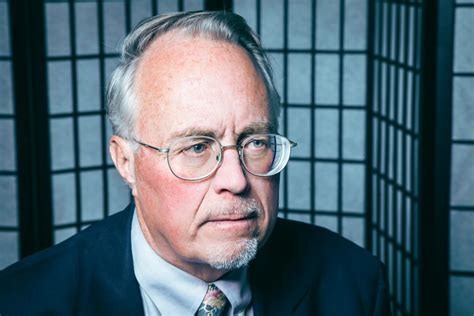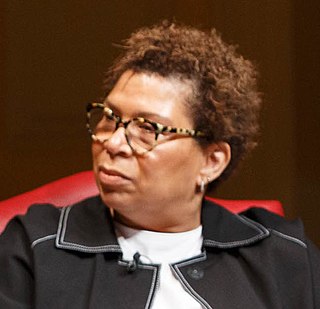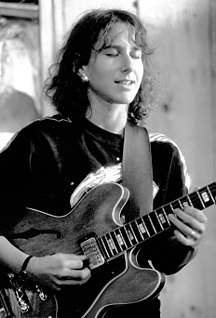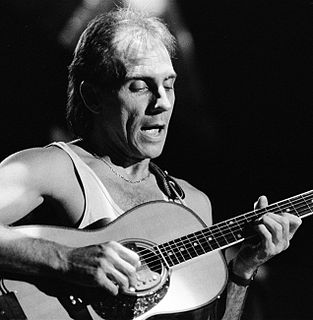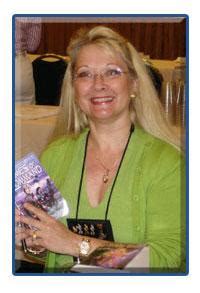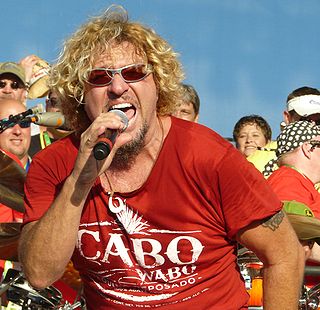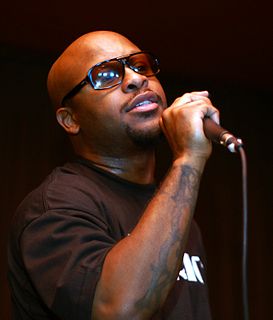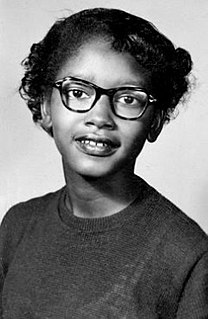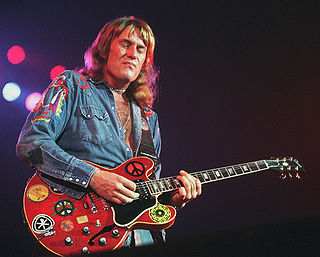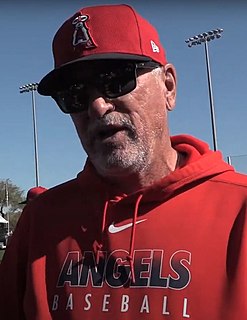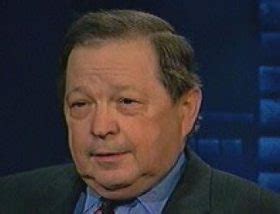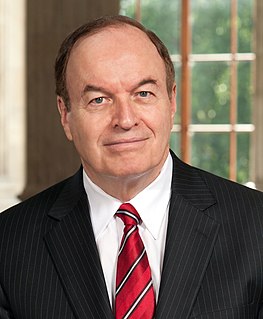Top 116 Montgomery Quotes & Sayings - Page 2
Explore popular Montgomery quotes.
Last updated on November 7, 2024.
The anniversary of the Montgomery boycott was being celebrated, and the handbill that was out, and all whatever literature that was circulated, didn't say practically anything about movement or what the movement stood for, what it had done, or anything, but was simply adulation of the leader, you know, [Martin Luther] King.
For many years now, I have been an outspoken supporter of civil and human rights for gay and lesbian people. Gays and lesbians stood up for civil rights in Montgomery, Selma, in Albany, Ga. and St. Augustine, Fla., and many other campaigns of the Civil Rights Movement. Many of these courageous men and women were fighting for my freedom at a time when they could find few voices for their own, and I salute their contributions.
Living in Montgomery, I've been antagonized by the emergence of a narrative about our history that I believe is quite false and misleading, and actually dangerous. And the narrative that emerges when you spend time in the South - places likes Alabama, Georgia, Mississippi, Louisiana - is that we have always been a noble, wonderful, glorious region of the country, with wonderful, noble, glorious people doing wonderful, noble, glorious things. And there's great pride in the Alabamians of the nineteenth century.
I thought I was going to die a few times. On the Freedom Ride in the year 1961, when I was beaten at the Greyhound bus station in Montgomery, I thought I was going to die. On March 7th, 1965, when I was hit in the head with a night stick by a State Trooper at the foot of the Edmund Pettus Bridge, I thought I was going to die. I thought I saw death, but nothing can make me question the philosophy of nonviolence.
If I take a lick from so and so, I'm not going to get that many variations from it, because their phrases are just based on a scale. That's why I say Wes Montgomery has more substance than others. I find myself listening to the older players. You see one bar of theirs and you can get one hundred more licks out of it.
Without our faith, we wouldn't have been able to succeed. On many occasions, before we'd go out on a sit-in, before we went on the freedom ride, before we marched from Selma to Montgomery, we would sing a song or say a prayer. Without our faith, without the spirit and spiritual bearings and underpinning, we would not have been so successful.
My first love in music was jazz, but I like it all," "I reacted emotionally to Art Blakey and, of course, to Joe Pass and Wes Montgomery. I was all of 16 when I had my first guitar lesson with Joe. But I never focused on being a bebop player. I loved the harmony, rhythm and phrasing, but I wanted to apply them to my own concept and sound.
Beautifully written, intensely passionate and gripping, FALLEN grabbed me
from the first sentence and didn’t let go. Its eerie future world and
frightening mores provide an unforgettable backdrop to the story of Lilia
Desjardins, the shade-hunter, and fallen-angel turned cop, Adam Montgomery.
It’s Matrix, Blade Runner and Terminator rolled into a riveting love story
and made better. Perfect. A must-read by an author who keeps you on the
edge of your seat.
I was much more afraid in Montgomery when I had a gun in my house. When I decided that I couldn’t keep a gun, I came face-to-face with the question of death and I dealt with it. From that point on, I no longer needed a gun nor have I been afraid. Had we become distracted by the question of my safety we would have lost the moral offensive and sunk to the level of our oppressors.
The last thing I want to do is having someone get behind a Montgomery Clift biopic, and then just do the first script that came out. Sometimes it takes a long time for these things to gestate. And I'm only going to do it if it's the right story that's told for the right reason, and that's relevant to this day and age, as much as it pays homage to who this man was. Should that happen during the time when I'm still young enough to play him, perfect. And if not, hopefully someone else will get to play him because I do think it's an incredible story.
I heard of Martin Luther King Jr. when I was 15 years old. I heard of Rosa Parks. And I met Dr. King in 1958 at the age of 18. I met Rosa Parks ... But to pick up a fun comic book - some people used to call them "funny books" - to pick this little book up, it sold for 10 cents, 12 pages or 14 pages? 14 pages I digested. And it inspired me. And I said to myself, "If the people of Montgomery can do this, maybe I can do something. Maybe I can make a contribution."
In our struggle against racial segregation in Montgomery, Alabama, I came to see at a very early stage that a synthesis of Gandhi's method of nonviolence and the Christian ethic of love is the best weapon available to Negroes for this struggle for freedom and human dignity. It may well be that the Gandhian approach will bring about a solution to the race problem in America. His spirit is a continual reminder to oppressed people that it is possible to resist evil and yet not resort to violence.
One thing that I'd just remind young people of is that when John Lewis, who's a member of Congress today, defied George Wallace and led the march from Selma to Montgomery, he was 23 years old. Martin Luther King was the old man in the bunch, and he was 35, so young people need to know that they've always been an important part of our society, have always been at the forefront of pushing for a more just America, and we can't be successful without the impatience, the vigor that young people bring to the fight for social justice.
Tucker was my safe place for three years, my secure dock in a sea of indecision as I dealt with my father's illness and death. And now I had to sink or swim. It was time to let go...and move on. Slowly, I pushed off from the dock that was Tucker Montgomery and prepared to swim...praying I wouldn't drown.
I was probably just graduating high school, maybe still in high school. When I was still in high school, maybe the last two years, I was rapping but I wasn't telling anybody. When I signed my deal people didn't know it was the same Ryan Montgomery from Oak Park High School, because I used to play basketball and I used to fight. Like I'd bring boxing gloves to school. So when they found out, it was, "You mean Ryan who be boxing?" or, "Ryan who be hopping up at the park?" So I was known as that guy.
I do talk and think a lot about the legacy before me. I feel like if I didn't know that people had been in Montgomery sixty years ago trying to do similar things that I'm trying to do, with a lot less, with fewer resources, with less security, with less encouragement, with less opportunity - if I didn't know that, then I think doing what I do would be much, much harder.
When you come to Montgomery, you see fifty-nine monuments and memorials, all about the Civil War, all about Confederate leaders and generals. We have lionized these people, and we have romanticized their courage and their commitment and their tenacity, and we have completely eliminated the reality that created the Civil War.
"March" was inspired by "Martin Luther King and the Montgomery Story." I actually first heard about that comic from John Lewis, who told me that it played an important role in the movement. And so once he told me about that, it made me start thinking, "Well, why doesn't John Lewis write his own comic book?".
In it not easy to remain rational and normal mentally in such a setting where, even in our airport in Montgomery, there is a white waiting room... There are restroom facilities for white ladies and colored women, white men and colored men. We stand outside after being served at the same ticket counter instead of sitting on the inside.
Back in the day in my teens I was listening to Joe Pass and Wes Montgomery a lot; before that I was listening to what I would call now the more 'simple' jazz players (but still very valid), like Barney Kessell or Johnny Smith; I learnt a lot of voicings from Johnny Smith records. Now, I listen to the old blues players; that's what you'd hear in my house if there was music on. It would be Albert Collins or Albert King.
I remember back in the 1960s - late '50s, really - reading a comic book called 'Martin Luther King Jr. and the Montgomery Story.' Fourteen pages. It sold for 10 cents. And this little book inspired me to attend non-violence workshops, to study about Gandhi, about Thoreau, to study Martin Luther King, Jr., to study civil disobedience.
The landscape in Montgomery and in the South is just saturated with imagery. Markers are everywhere. There's a marker for the first Confederate post office, there's a marker for a ball that Robert E. Lee hosted, there's a marker for where Jefferson Davis had a meeting. We love reminding people about all that was going on in the mid-nineteenth century.
Military metaphors are rarely exact, but sending Republicans against Democrats when the issue hangs in the balance is nearly always as futile as sending George B. McClellan against Robert E. Lee, the Italians against Marshal Montgomery's desert rats or an Arab armored division against an Israeli rifle company. The copy desk can write the headline before the battle begins and take the rest of the night off.
Nixon was the one force in Montgomery for a number of years that made any effort in the direction of challenging the power structure. Ed Nixon's source of direction for that comes out of his relationship with the Brotherhood of Sleeping Care Porters and the Randolph philosophy of mass action. So, Ed Nixon really was the force that conceived of the boycott and drew up the original papers for the boycott.
In 2010, Republicans took control of politics in Alabama by advocating for increased transparency and an end to government corruption, but instead of ending it, they have raised the level of corruption to the point that the stench of dishonesty fills the air, decadence drives policy, and bribery is the norm in Montgomery.
All of my life I've spent a lot of time with gay men - Montgomery Clift, Jimmy Dean, Rock Hudson - who are my colleagues, coworkers, confidantes, my closest friends, but I never thought of who they slept with! They were just the people I loved. I could never understand why they couldn't be afforded the same rights and protections as all of the rest of us. There is no gay agenda, it's a human agenda
